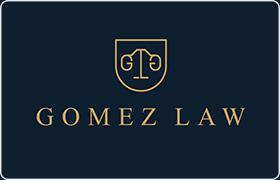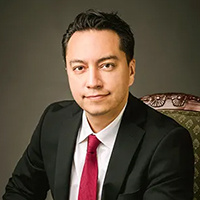Granada Hills Timeshare Lawyer, California, page 2
Sponsored Law Firm
-
 x
x

Click For More Info:
-
Gomez Law, APC
3250 Wilshire Blvd Suite 1901 Los Angeles, CA 90010» view mapReal Estate Dedication. Compassion. Trust.
Whether you are looking to purchase a house or commercial property or in the process of probate, we are here to provide the legal support you need to help you move forward.
800-901-4291
Not enough matches for Granada Hills Timeshare lawyer.
Below are all Granada Hills Real Estate lawyers.
Michael John Kenney
Commercial Real Estate, Real Estate, Litigation, Business & Trade
Status: In Good Standing Licensed: 27 Years
Patrick Christopher Mcgarrigle
Commercial Real Estate, Landlord-Tenant, Litigation, Workout
Status: In Good Standing Licensed: 34 Years
 Mark Gomez Los Angeles, CA
Mark Gomez Los Angeles, CA Practice AreasExpertise
Practice AreasExpertise
